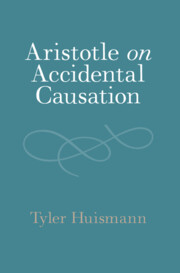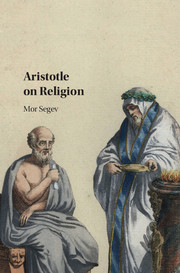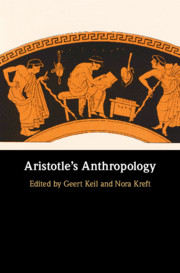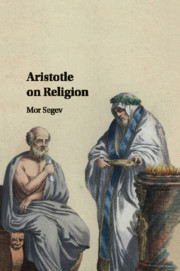Aristotle on the Nature and Causes of Perception
In this book Robert Roreitner offers a fresh interpretation of Aristotle's philosophically intriguing answers to what the nature of perception is, how it can be explained, and how perception is distinguished from mere appearance. He argues that for Aristotle, perception is a complete passive activity, and explains why this notion merely appears self-contradictory to us. He shows how Aristotle succeeds in integrating causal, qualitative, and relational aspects of perception, and explains why he is neither a 'spiritualist' nor a 'materialist'. He presses and resolves an unappreciated dilemma for Aristotle's hylomorphic account of perception and the role of the soul therein. This rich study shows that although Aristotle's understanding of perception may be in many respects outmoded, its core insights remain philosophically engaging. This title is also available as Open Access on Cambridge Core.
- Provides an original interpretation of Aristotle's philosophically intriguing answers to what the nature of perception is and how it is to be explained
- Works out a new answer to the much-discussed question about the role of the body in perception and presses new questions about the role of the soul
- Identifies what remains philosophically engaging about Aristotle's account
- This title is gold open access
Reviews & endorsements
‘This study – careful, informed, tightly integrated, and thorough – makes an important contribution to the literature on Aristotle's theory of perception. Highlights include its emphasis on ‘continued' perceiving, as the central phenomenon to be explained, and its development of a dynamic account of perceptual discrimination, as a way to do justice to it without prejudice to the soul's impassibility. It is sure to become essential reading on its topic.' , Sean Kelsey, University of Notre Dame
Product details
April 2025Hardback
9781009533812
320 pages
229 × 152 mm
Not yet published - available from April 2025
Table of Contents
- Introduction
- 1. Accounting for receptivity
- 2. The predecessors' Dilemma
- 3. Complete passive activity
- 4. The flesh and bones of perception
- 5. The passivity of perception and the impassive soul
- 6. Perception as a discriminative activity
- 7. Reception of forms without the matter and its unmoved causes
- Conclusion
- Appendix
- Index.






